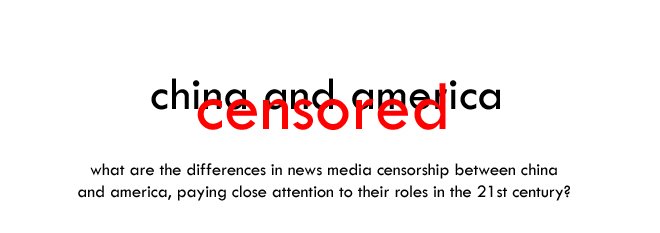
How does the U.S. military react to soldiers' blogs on the internet? Recently the Department of Defense started monitoring "warbloggers", servicemen and women who actively post pictures, stories, and videos from the front lines of America's War on Terror.
Two years ago, in 2006, Matthew Currier Burden, a former major in the US Army, published a collection of military blogs in his book,
The Blog of War. I came across the book in my research, which I've started reading recently. It definitely raises the question of how this information affects national security and our nation's military strategy overseas--is this too much? Is it worth risking the lives of Americans to know every aspect of the War on Terror? If you're interested you can read more on Burden's website,
www.blackfive.net, one of many military blogs online today.
Additionally, the EFF (Electronic Frontier Foundation) sued the Department of Defense in January of the following year (for a PDF copy of the actual lawsuit, click
here), citing that the public had a right to know how the military had been investigating websites and blogs for possible classified information posted by servicemen and women, information protected by the FOIA (Freedom of Information Act). The information was eventually released and were posted on the
EFF's website.
What I also find quite interesting is the lack of coverage in American news sources. I found a lot about the EFF lawsuit from British news sources, like The Guardian, a UK-based technology news and opinion website (
click here for an editorial written by a columnist). However, searches for American news stories on this lawsuit come up scant--was the DOD involved? How many stories have not been covered by our media networks for reasons of national security?
 vs.
vs. 




